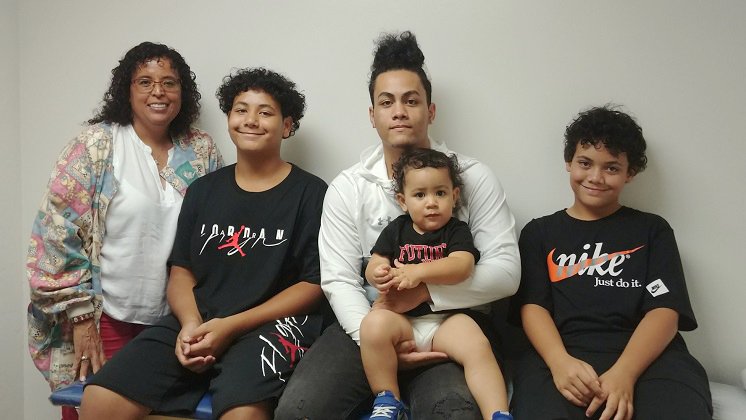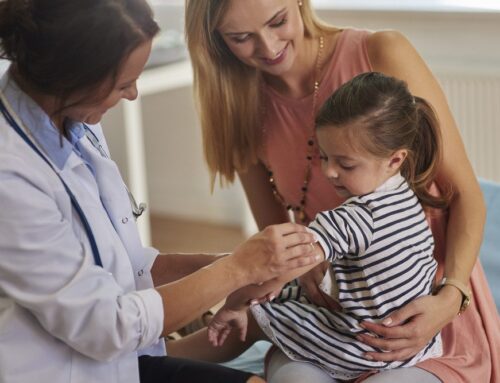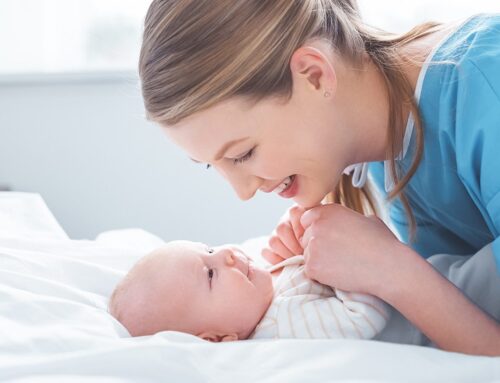The common cold is one of the main reasons why sick kids miss school. Children under the age of 6 are especially vulnerable and often have 6-8 colds per year. Caring for sick children can be nerve wracking, since their colds can be more prolonged than in adults. Most of the time, caring for sick children does not mean a Deer Valley pediatrics doctor visit—just common sense care like lots of sleep, liquids, soups, and perhaps the appropriate dose of an over the counter anti-fever medication to relieve your sick kid’s discomfort.
However, sometimes common colds do develop into something more serious and it’s good to be aware of these signs in sick kids, and to take them to your Deer Valley pediatrics doctor when necessary.
Pay Attention to Fevers
Some possible complications from colds are ear infections, asthma, sinusitis, and pneumonia. A high fever is often an initial sign that a sick kid is more sick than you may have thought. If a fever repeatedly rises above 104 F in a child of any age, or is 100.4 F or above in a newborn child up to 12 weeks old, this is a sign that your child may have something more serious than a cold. If a fever lasts for more than 3 days in a child over 2, or for more than 24 hours in a child younger than 2, it is an indication that it’s time to call your Deer Valley pediatrics office.
Other Signs
There are other signs that a cold may have turned into a more serious problem. Some of these include, but are not limited to:
- Signs of dehydration, such as urinating less often than usual and not drinking enough fluid
- Vomiting or abdominal pain
- Severe headache
- Unusual sleepiness
- A stiff neck
- Labored breathing
- Crying that doesn’t stop
- Ear pain
- Persistent cough
Caring for sick children is difficult no matter what. Learn to differentiate these signs and symptoms. Take as many preventative measures as possible, even when no one in the family has a cold. Get plenty of rest and eat wholesome foods including lots of fruits and vegetables. And, don’t be afraid to call your Deer Valley pediatrics office when you’re not sure if your sick kids need additional care.





